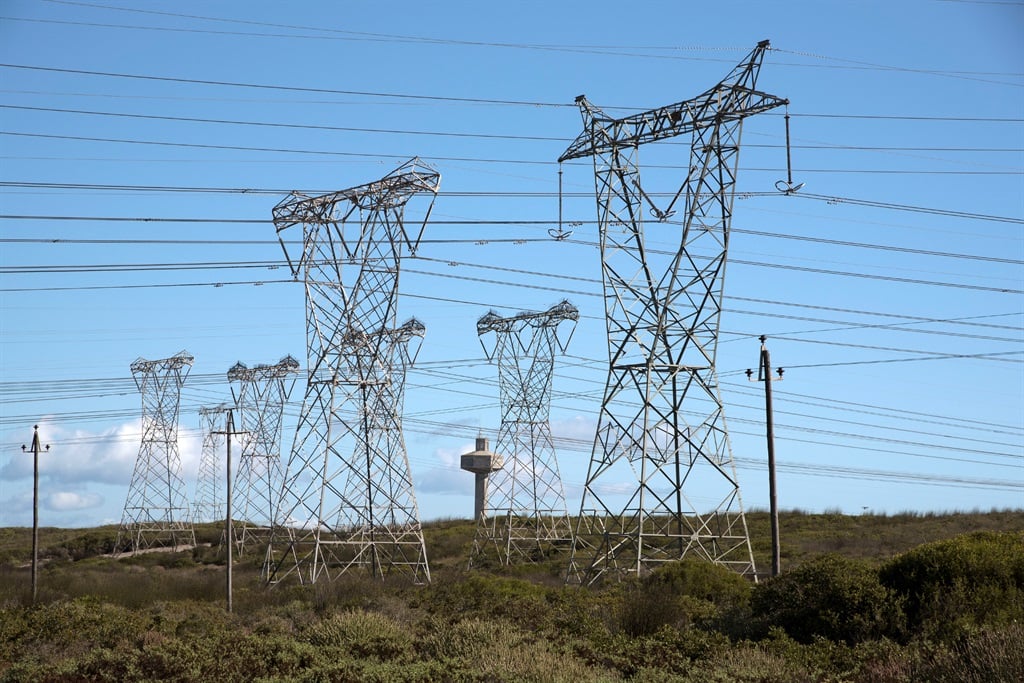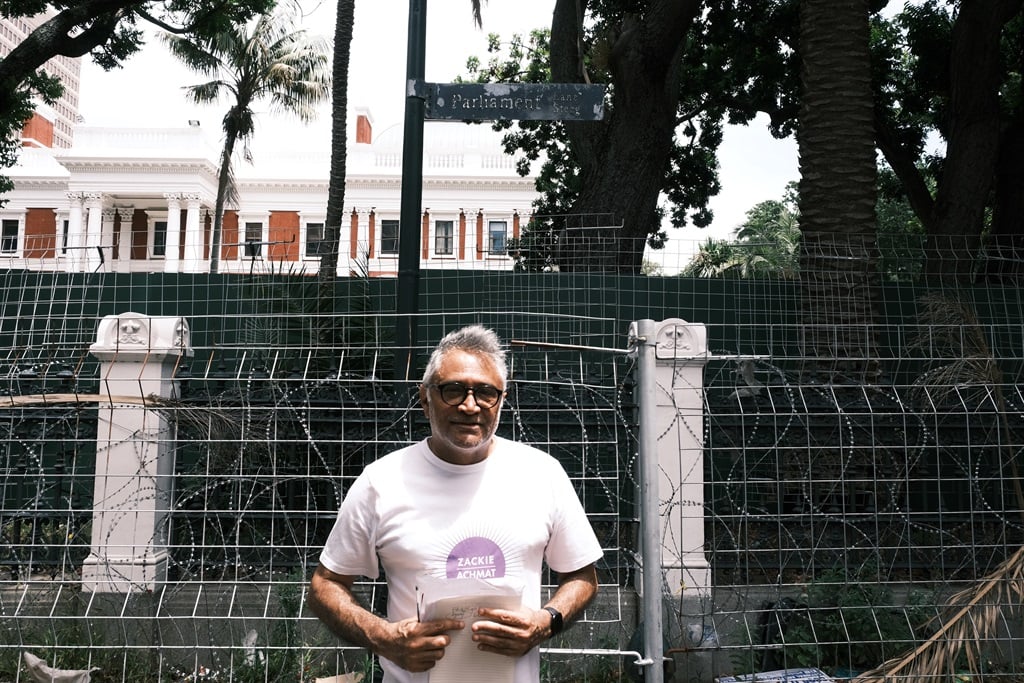
The DA has asked Nersa to reconsider the 40% tariff increase. (Education Images/Universal Images Group via Getty Images)
- DA mayors have rejected Nersa’s 40% electricity tariff increase, which will take effect on 1 April 2025.
- The DA’s Willie Aucamp says the party has asked the regulator to reconsider the increase.
- He added that the DA had started a petition to garner support to reverse the increase.
The DA has rejected the National Energy Regulator of South Africa’s (Nersa) 40% electricity tariff increase, which is set to take effect on 1 April 2025.
The DA’s Willie Aucamp said the party’s national caucus of local government mayors had written to Nersa, to request that it reconsider its decision as South Africans could not afford the increase.
“Our mayoral caucus got together, and they are unanimously opposed to these tariff increases and have decided to jointly oppose this from their municipalities. They have already sent affidavits to Nersa, where they declared the dispute,” said Aucamp.
“They say that they are not at all happy with this increase, and they gave reasons for why. We are also not happy with the procedural processes that Nersa went through, as well as their adjudication processes, and we believe that Nersa made mistakes.”
News24 has seen letters written by the uMngeni, Mossel Bay, Langeberg and Hessequa municipalities.
Aucamp said Nersa had not responded to the DA.
READ | Nersa ruling may be big blow to wind, solar projects in Bid Window 7, says association
In June, the Daily Maverick reported that Eskom planned to apply for an increase of up to 44% in the electricity tariff it charges customers – and, if the power utility had its way, the increase could be implemented as early as 1 April 2025.
The report referred to a confidential Eskom draft document. It detailed increases in electricity tariffs for the financial years from 2026 to 2028, which Eskom, at the time, planned to submit to Nersa.
According to the report, Eskom wanted to ask Nersa for an increase of 36.15% in the standard tariff that it charges non-municipal customers during the financial year 2026; 11.81% in 2027; and 9.10% in 2028. These are customers directly charged by Eskom and supplied with electricity by the power utility.
Aucamp said that, in the past, there were double-digit increases which people could not afford, meaning that South Africans had to choose between buying electricity and putting food on the table.
He added:
That’s a very difficult choice to make because you have got to have food – and, in 2024, you have also got to have light. People just simply cannot afford that. Can you imagine what’s going to happen when the tariff goes up by 40%? If you cannot pay that, you are just going to use less electricity.
“We are going to have people who will say, ‘I cannot afford that, and I don’t want to get into trouble, so I am just not going to use electricity’.”
He said this would lead to a reduction in Eskom’s revenue.
Aucamp said: “This is going to be a double-whammy for the people of South Africa. They will have less electricity, Eskom will have less money, and it’s going to be not only to the detriment of the municipalities and Eskom, but the end user as well, which is the people of South Africa.
“These unprecedented increases also risk electricity revenue approaching a revenue ceiling, where residents being overcharged for electricity will start reducing consumption to a point that Eskom will make less revenue than before the hikes. This would be a devasting outcome for local governments, which rely on electricity tariff income to provide various services.
READ | Ratepayers rise up against municipalities in disarray, protesting exorbitant electricity tariffs
“We have started a petition, where we are going try and get as many signatures as possible. We want hundreds of thousands of signatures on that petition. I get an MP’s salary, but there is no way that I am going to afford a 40% tariff increase on electricity. Imagine a person who does not have a solid job, how are they going to get their food warmed up? People in South Africa suffer… we have got to fight tooth and nail.”
Aucamp said of the 40% increase, 4% would go to debt recovery, and 36% would go to what Eskom asked for.
“If you are paying R4 000 a month for your power, you are going to pay R7 000 all of a sudden,” he added.
The petition, which News24 has seen, had already garnered more than 2 000 signatures by Wednesday afternoon.
READ | Delinquent municipalities owe Eskom R82 billion
Aucamp said the DA would be writing to Electricity Minister Kgosientsho Ramokgopa – and the party had also requested the National Assembly Speaker Thoko Didiza, to schedule a debate of national importance on the issue.
“Once we have that debate, we will hopefully get all of the parties in Parliament to say there is no way that we can do this. We are also in consultation with our lawyers and, obviously, this is not a time to issue summons. You have first got to exhaust all of the internal processes, but should there be a legal route that we can take, if it is necessary, we will contemplate that at that stage.”
He called on all South Africans to join “the fight of life and death”.
In a letter to the Didiza on 5 August, the DA’s Kevin Mileham said the decision by Nersa to grant Eskom’s application to retrospectively recover R8 billion through its Regulatory Clearing Account for the 2021/2022 financial year, which will translate to a 4% tariff increase in 2025 – and Eskom’s application for a further 36.15% tariff increase in 2025 – will effectively price many households out of the electricity market and increase energy poverty to levels not seen since the dawn of democracy.




Recent Comments